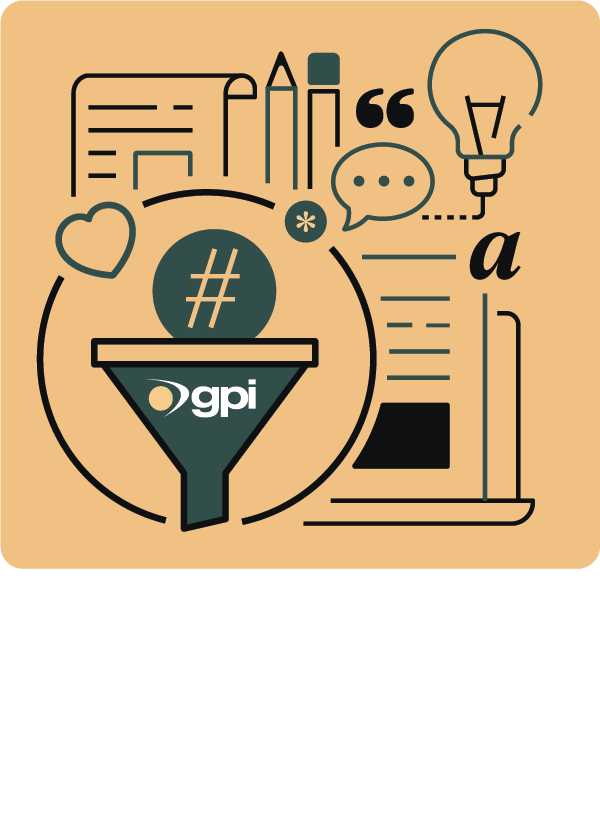Can AI Enhance Language Accessibility for Refugees Navigating Resettlement?

 Refugees seeking resettlement often struggle with poor machine translations and a lack of interpreters fluent in their language. A volunteer network of interpreters is seeking AI solutions to make refugees’ languages more accessible.
Refugees seeking resettlement often struggle with poor machine translations and a lack of interpreters fluent in their language. A volunteer network of interpreters is seeking AI solutions to make refugees’ languages more accessible.
Tarjimly, a Google-backed nonprofit likened to “Uber for translators,” is dedicated to helping asylum seekers overcome language barriers. By partnering with AI technologies, Tarjimly trains large language models, enabling volunteers to address urgent translation needs. This process creates a feedback loop where human translators share insights and correct automated translations, enhancing the AI’s understanding of nuanced languages.
Co-founder Atif Javed emphasizes the importance of human input in the language, stating that AI should not be feared, but seen as a tool to improve communication. According to Javed, languages from the Global South, such as Dari and Pashto, often suffer from poor translation quality, highlighting Tarjimly’s role in diversifying data sources beyond the English-dominated internet.
AI Language Accessibility for Refugees
Tarjimly connects refugees with on-demand interpreters for meetings with social workers, immigration officials, and healthcare providers. Tarjimly anonymizes these interactions to protect privacy and offers “no record” options for sensitive conversations.
Many of the 60,000 volunteers are multilingual refugees, bringing empathy and a deeper understanding of their counterpart’s circumstances. One volunteer, Roza Tesfazion, a professional interpreter from Eritrea, emphasizes the emotional aspect of translation, stating that the human touch is essential in her work. Tarjimly operates as a nonprofit, collaborating with established humanitarian organizations to build trust and community support.
With a $1.3 million grant from Google.org, Tarjimly has developed a “First Pass” tool for quick translations, while a new data hub is set to launch in early 2025. However, expanding the language database will require broader conversational data than Tarjimly can gather alone. Ranjit Singh from Data & Society stresses the need for real human involvement in translation, as understanding life situations goes beyond mere words.
Inspired by Javed’s volunteer experiences and his family’s immigration journey, Tarjimly’s mission exemplifies how AI can enhance humanitarian efforts rather than replace the human element in communication.
To learn how a volunteer network of interpreters uses AI to make refugee languages more accessible, check out this ABC News article on AI-powered language services for refugees.
